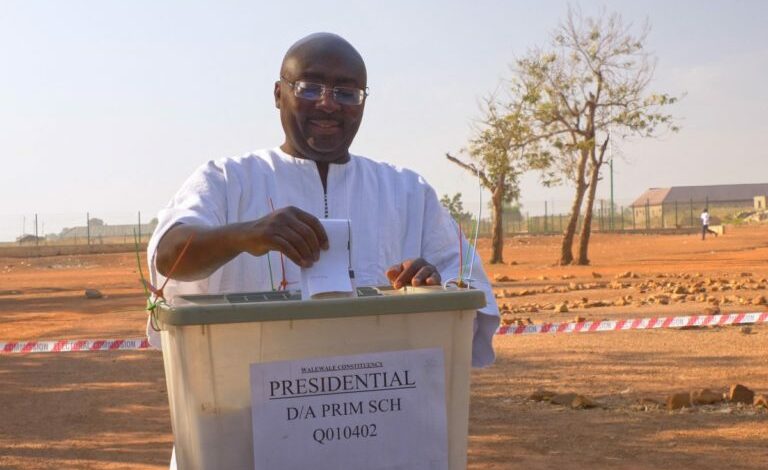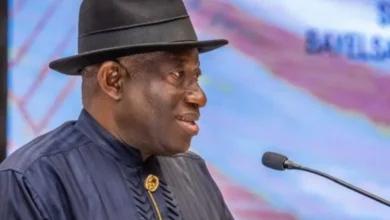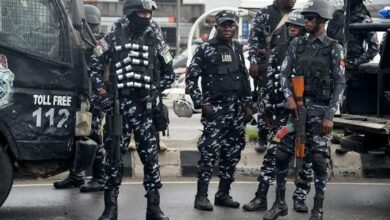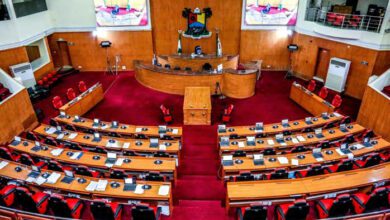Ghana votes in tight presidential election race


Ghanaians voted in elections on Saturday with frontrunners Vice President and former central banker Mahamudu Bawumia and opposition ex-president John Mahama facing off in a closely fought race.
Ghana’s struggling economy emerged as the dominant electoral issue after the West African gold and cacao producer went through a debt default, high inflation and negotiations for a $3 billion IMF bailout.
Voters will choose a successor to President Nana Akufo-Addo, who steps down after his legally allowed two terms and will also elect the country’s new parliament.
Voting opened at 0700 GMT and will close at 1700 GMT on Saturday, with early results expected on Sunday and full results for the presidential election expected by Tuesday.
“We want to vote for change, the economic situation is very hard,” retired policeman James Nsiah said, waiting to cast his ballot at a booth in the capital Accra. “The cost of living is high.”
Ghana’s government temporarily closed all land borders on Friday night through Sunday to “ensure the integrity” of the vote, an interior ministry statement said.
With a history of political stability, Ghana’s two main parties, current ruling New Patriotic Party (NPP) and National Democratic Congress (NDC), have alternated in power almost equally since 1992.
Touting a slogan “Break the 8” — a reference to the usual two, four-year terms in power — the NPP hopes Bawumia can lead them to an unprecedented third term in office. But he has struggled to break away from criticism of Akufo-Addo’s economic record.
“I know what I want to do from day one in the presidency. Give me the chance to transform this nation,” Bawumia told thousands of supporters at a closing rally in Accra.
A UK-educated economist, he points to an economy turning a corner and the government’s continued plans for digitalisation to ease business as well as free education and health programmes.
Inflation slowed from more than 50 percent to around 23 percent, and other macro-economic indicators are stabilising. But many Ghanaians still say they struggle with costs of living and scarce jobs and a depreciated cedi currency.




